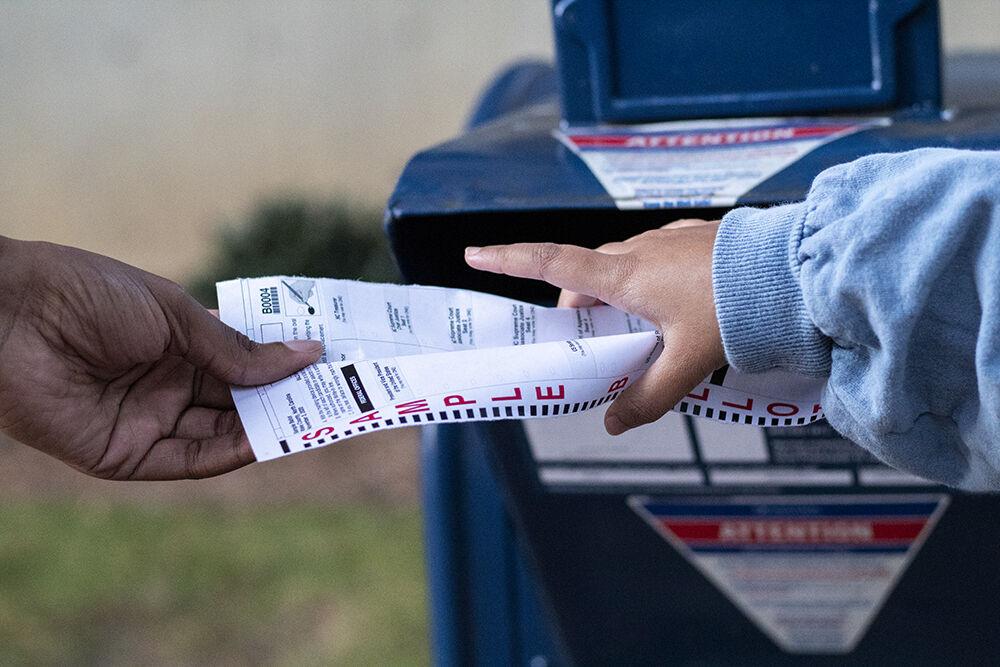With the 2020 presidential election on the horizon and a year full of historical tragedy in tow, it is as important as ever to cast a vote. With that in mind, there are several important factors that affect voting that many voters are not aware of. Here is a comprehensive guide to everything a voter needs to know about casting ballots in the upcoming election:
Voters will not be required to bring a photo ID to their polling location in the upcoming election, though this could change with future elections.
In 2018, North Carolina voters approved a bill that would require voters to bring a photo ID to cast a ballot. The photo ID provision was blocked by a federal Court of Appeals, citing the fact that the bill seemed racially charged and silenced many American voices.
With the COVID-19 pandemic still in full-force, it is understandable that some citizens are not going to physically be able to visit a polling station.
It’s easy for voters to acquire an absentee ballot in the state of North Carolina. The deadline to request an absentee ballot is 5 p.m. on Oct. 27, 2020, and voters need to have the completed ballot returned by 5 p.m. Nov. 3, 2020. However, voters should request their ballots well in advance of this deadline to ensure that their ballots are received in a timely fashion. A general rule of thumb for requesting ballots would be to have the request in around two weeks before they are due.
Anyone in the United States is eligible to complete an absentee ballot, and can return the ballot by email, fax, mail or even in-person at a polling station. The only people ineligible to request an absentee ballot are those that are not eligible to vote in the first place. Those individuals include those under the age of 18, those who are not U.S. citizens, felons or those who do not reside in the county in which they are registered.
If you choose to vote with an absentee ballot, it is required that a witness is present while you fill the ballot.
Only one witness is required for an absentee ballot and instructions on maintaining privacy during this process are mailed alongside the ballot. Those who cannot serve as witnesses to absentee ballots include those younger than 18; a candidate for election, unless said candidate is a close relative of the voter; or a patient/resident of a nursing facility.
The deadline for registration for the 2020 presidential election in North Carolina is Oct. 9, 2020, which has already passed. However, for voters planning to vote in person, the early voting period is from Oct. 15-31, while polling places are open on Election Day, Nov. 3, from 6:30 a.m. to 7:30 p.m.








